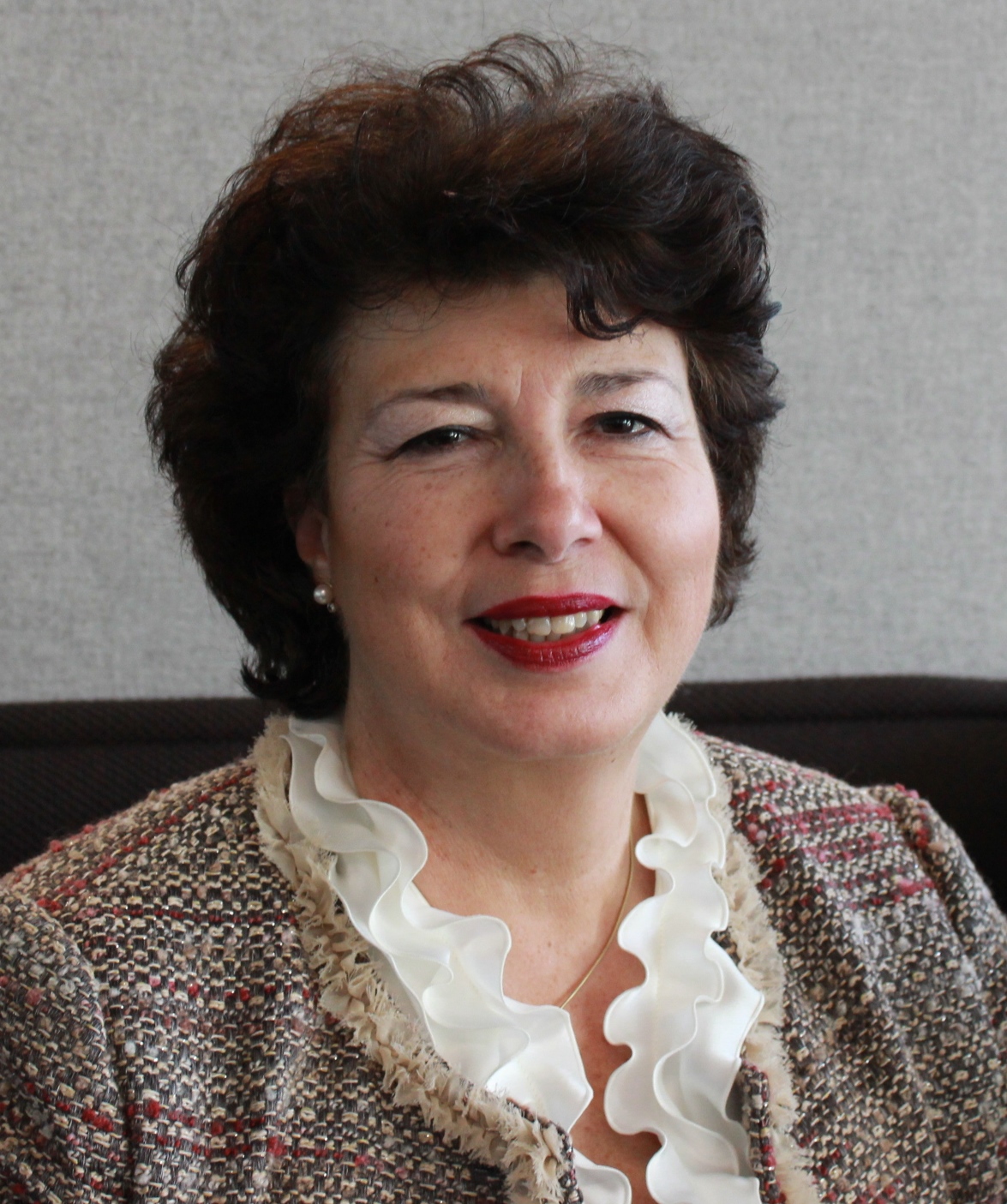

Smart, sustainable, & socially responsible
The Deutsche Investitions- und Entwicklungsgesellschaft (DEG), or the German Investment and Development Corporation, is a pioneer investor that embraces the entrepreneurial spirit by promoting private business initiatives in developing and emerging market countries. DEG, a subsidiary of the KfW, provides long-term financing and consultation services to private enterprises investing in these countries, and aims to contribute to sustainable economic growth and improved living conditions among local populations. We recently spoke to Manuela Marques, head of the German Corporates and Special Programmes Division at DEG, to learn more about the criteria used to evaluate a potential borrower's eligibility, the role of the institution once a loan has been issued, and future challenges to sustainable economic investments.

GSC: Deutsche Investitions- und Entwicklungsgesellschaft (DEG) sets out to promote sustainable economic growth and poverty reduction in developing countries through private sector development, and therefore "finances only projects that show a positive developmental impact and are committed to ecological and social best-practice guidelines." Which criteria are used to evaluate these aspects of a potential borrower's business, and how does DEG monitor once a loan has been issued?
Manuela Marques: We finance investments by companies that do not rely on short-term profits but on long-term success, and act accordingly – just as we do. Environmental and social compliance are decisive criteria for an investment from DEG. In order to evaluate compliance along these lines, we perform a detailed environmental and social due diligence using the IFC Performance Standards from the International Finance Corporation, the international standard for private sector involvement. Moreover, DEG actively supports the implementation of their customers' previously agreed upon environmental and social plans. In certain cases, financing by the DEG is ruled out from the outset. For example, investments that allow forced or child labour and investments that violate international conventions are never considered for financing. A comprehensive list of exclusion criteria can be found on our website. We advise our clients during the entire financing term and create additional value with, for example, accompanying measures. These accompanying measures are possible within the scope of training and skills development, or for the introduction of international standards. Consultation in matters concerning business management may also be a part of these measures.
GSC: There seems to be more demand for services offered by international finance institutions, such as DEG, in the years following the global financial crisis. How has the role of DEG and the nature of its investment activities changed since the crisis?
Manuela Marques: In many countries in which we operate, the financial crises led to fewer financing options available through commercial providers. This has increased the demand for financing by DEG -- a result which proves that we have lived up to our role as a lender in times of crisis. Particularly at a time when financial flows have declined in developing countries, entrepreneurial development cooperation is needed in order to promote private sector involvement. Because this creates and maintains jobs, generates income and improves the living conditions of the people. Investments in developing and emerging countries are associated with risks that are difficult for investors to access, not just in times of crisis. DEG helps to identify these risks and develop a strategy for handling them in order to capitalize on business opportunities. Our country-specific knowledge and decades of experience in dealing with the particular risks associated with our partner countries allow us to take risks. We are often involved in places where commercial banks tend to avoid following their cautious risk assessments. We help our partners to cope with risks in an intelligent and professional way and take on responsibility ourselves. This applies particularly in the face of crises in our partner countries, through which we have accompanied many companies.
GSC: Is there a quick-check for firms to determine if they could be eligible for a loan, and if so, which are the most important criteria that must be met?
Manuela Marques: For us, the management skills of the company are at the forefront. This includes knowledge about the region in which the company would like to invest, as well as knowledge about the respective market and specialized expertise. Just as important is the financial strength of the company. In challenging markets, companies need a financial buffer to deal with the natural fluctuations that occur in developing and emerging-market countries. Experience has shown that whereas a firm with strong management can be successful in high-risk countries, a firm with weak management can fail even in a stable economic environment. As a development finance institution, in addition to the importance that we place on management skills and financial power, the willingness of companies to comply with international environmental and social standards is also crucial. There are several factors that we perceive to be crucial to the long-term success of a company, such as their dedication to the protection of human life and health, the sustainability of economic livelihood, and decent working conditions. Also essential for success is a commitment to the preservation of the ecological, social, and cultural environment, as well as the sustainable use of natural resources. We stand by the companies and encourage the introduction of environmental and social management systems, financed from the funds for accompanying measures. For this purpose, we offer both advisory services on a case-by-case basis and workshops to, for example, local banks.
GSC: Most international finance institutions provide not just capital for private firms looking to invest in developing countries, but other services as well. Which additional services are offered by DEG, and what kind of relationship does DEG maintain with loan recipients?
Manuela Marques: We see ourselves as partners with our clients. Because capital is not viewed as the only key to success by the DEG, we advise our customers at every stage and provide added value, for example through the procuration of funding. An ongoing dialogue with our customers is important in order to ensure long-term success. We work closely with our customers and discuss all aspects of an investment, clarify open questions, and help in the search for solutions to problems which may prevent successful implementation. In doing so, we rely on our extensive country, sector, and project knowledge. If necessary, we also warn against an investment if major preconditions are not met or the risks appear higher than warranted. Together with our partners we find out the right debt-equity ratio and design the finance mix -- possibly arranging additional financial contributions or partners if need be. As part of the German development cooperation, the DEG has, last but not least, access to local government agencies and authorities, which can be useful in the planning and implementation of projects.
GSC: Which challenges do you see for facilitating sustainable economic investments in developing countries in the years ahead, and how will DEG address these challenges?
Manuela Marques: Some of the main challenges in the coming years include ensuring food for a growing world population, increasing globalization in many areas, climate change and its consequences, as well as energy and resource scarcity, especially with regard to water. Next to these global challenges, increasing regulatory requirements for local banks and companies, particularly in the area of capital adequacy, still restrict local financial institutions from long-term financing in developing and emerging-market countries. DEG works with its customers to develop strategies to meet these challenges. In particular, we aim to enhance the local value added, create jobs, and improve the tax and foreign exchange situation in our partner countries.
GSC: Thank you for this interview, Ms. Marques.
More information: www.deginvest.de
